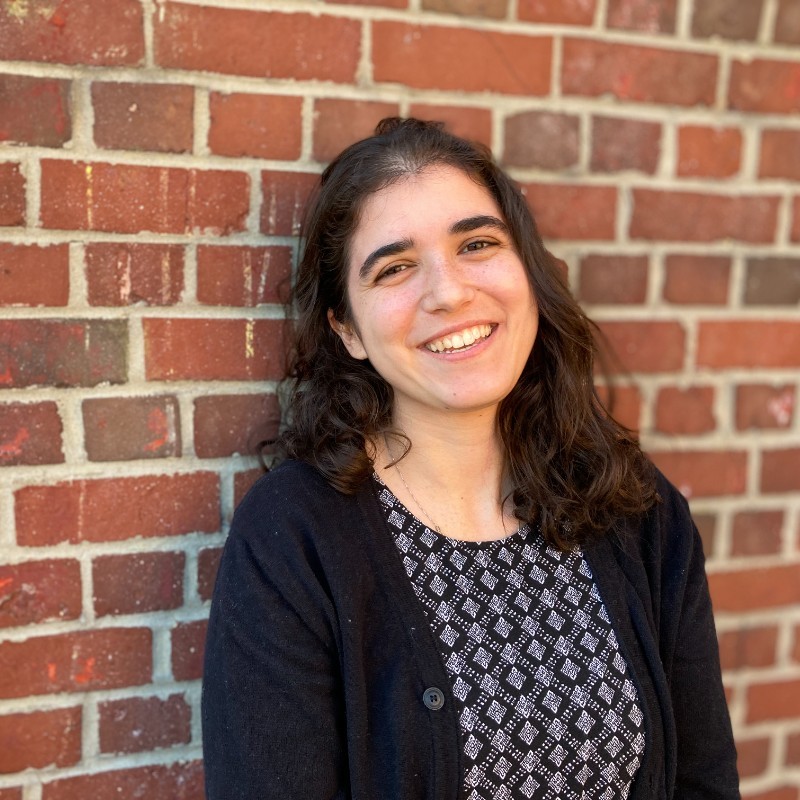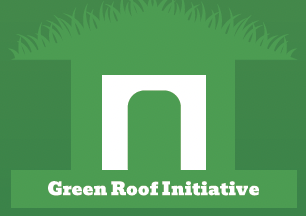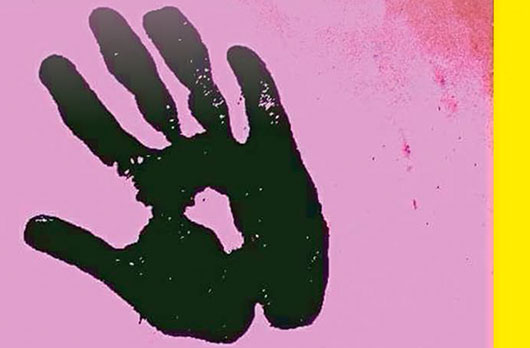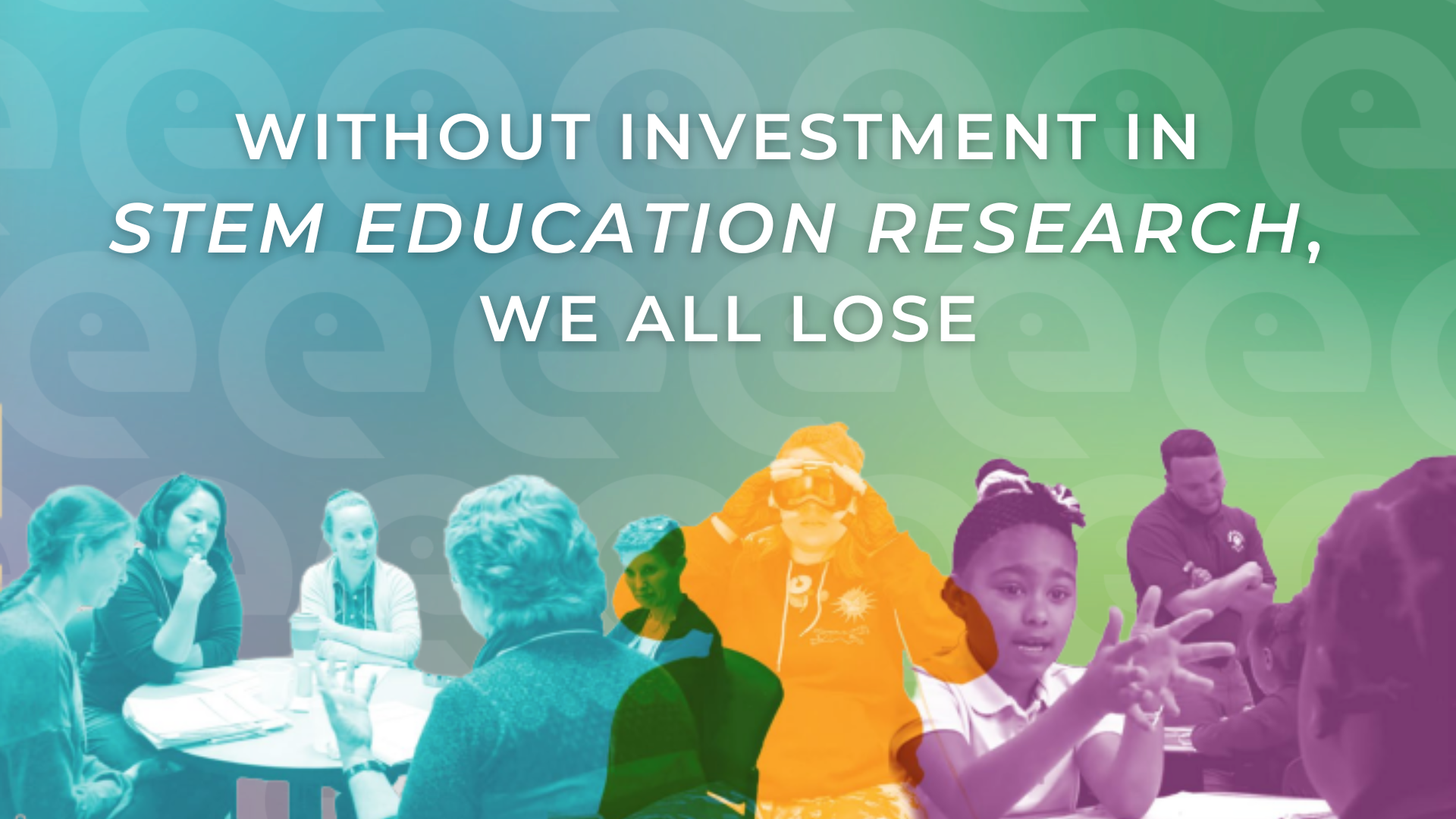TERC Blog
Emerging Lines of Work with Lisette Torres-Gerald
TERC staff have been central to the organization's 55+ years of success as a research and development nonprofit. As the landscape of STEM education continues to change, our talented staff have been adding to the diversity and range of our work. Their lines of work are shaping the field of STEM education and research.
In this exciting blog series, we introduce you to the brilliant and talented individuals who are making a mark in STEM education. They will not only share their passion for their work but also offer valuable insights into their journeys that have led them to where they are today.
You'll hear first from Lisette Torres-Gerald who joined TERC in 2020. Since then she's been growing her career as a STEM Education Researcher and is now taking on a position to make major changes in the field of informal STEM education.
Jumping at a Chance
The COVID-19 pandemic brought a lot of challenges and changes into high relief for many people, including me (Torres, 2020). In the fall of 2020, as the world was in lockdown, I was struggling to balance teaching my son and providing daycare to my daughter, who were then 7- and 2-years-old, respectively, while working a full-time job remotely. I had just graduated with my doctorate in education in May 2019, and I was itching to leave my current position as director of a writing center to pursue my research interests in STEM education. As much as I enjoyed working collaboratively with my assistant director and undergraduate staff members, my dream was never to run a writing center. I took the job while I was still a doctoral candidate out of necessity, as my partner and I needed the income and medical insurance. As a former aquatic ecologist-turned-education researcher and as a disabled woman of color, my heart was in studying racialized gender justice and disability in STEM. So, when the opportunity to work at TERC materialized, I applied without hesitation.
A Mentor Found
It was not my first time learning about TERC. I had met Dr. Maria (Mia) Ong in 2010 as a doctoral student and had interviewed her for a graduate course on scholar-activism. I continued to follow and read her work. I even applied to TERC in 2019 for a full-time Education Research Associate position, which did not pan out. Needless to say, TERC was on my radar during my search for a new job in 2020. When I came across a part-time remote Staff Researcher/Project Coordinator position at TERC, I jumped at the chance to apply. Given the pandemic context and the fact that I had just had an infuriating ableist experience trying to receive accommodations at my current institution, I was perfectly fine with the fact that it was a remote part-time position. When I was contacted for an interview, I had the pleasure of discovering that the job would involve working with Mia and her Double Bind team. I was thrilled because I knew that working with the team would allow me to grow professionally as a STEM education researcher dedicated to equity, inclusion, and social justice. I feel blessed that I was hired and have been working at TERC now for almost two years.
Becoming a STEM Education Researcher
As a member of the Double Bind team at TERC, I am involved in three distinct research projects, two of which are funded by National Science Foundation (NSF) – the Native STEM Portraits (NSP) Project and the Institute for Meta-Synthesis (IMS) – and the third pilot study funded by TERC– the Multiple Intersectionalities among Faculty in STEM (MIaFS): An Arts-Informed Exploratory Study.
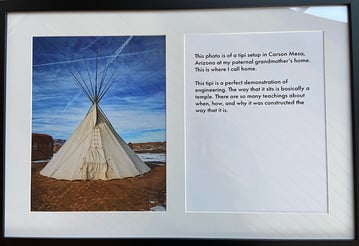
NSP is a mixed methods study on the lived experiences of Native undergraduates, graduate students, and professionals in STEM, which aligns well with my experience using arts-informed methodologies and working with people from the Myaamia Nation.
In contrast, IMS is focused on teaching early-career scholars how to use systematic thematic synthesis, a methodology that aggregates and thematizes qualitative data from literature to address a research question. It has pushed my writing, data analysis, and pedagogical skills.
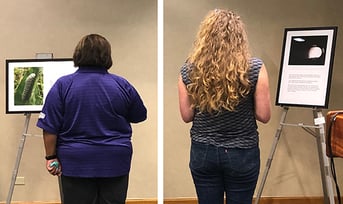 Last, MIaFS utilizes an arts-informed approach, much like NSP, to look at the supports and barriers faced by LGBTQ2IA+ scholars of color in STEM and STEM education. I believe that my training as a social justice educator has particularly helped with our approach at building relationships and working with the participants in this study.
Last, MIaFS utilizes an arts-informed approach, much like NSP, to look at the supports and barriers faced by LGBTQ2IA+ scholars of color in STEM and STEM education. I believe that my training as a social justice educator has particularly helped with our approach at building relationships and working with the participants in this study.
My Journey Influences My Research Interests
My educational and professional journey from being a scientist to being a STEM education researcher is convoluted and left me with psychological, emotional, and spiritual wounds that cannot be discussed in such a short blog post but that are shared elsewhere (Torres, 2016). My experiences of racist sexism and ableism have shaped who I am as a mother-scholar of color and my scholarship. My research is guided by critical theories, critical methodologies, and social justice praxis, informing everything that I do. I draw upon critical race theory (CRT), intersectionality, women of color epistemologies, critical discourse studies, and ethnographic methods to problematize the sociocultural aspects of STEM, specifically, and knowledge production in higher education, generally. I am a critical transdisciplinary scholar, and my dissertation was a virtual ethnography of the lived racialized and gendered experiences of scientist bloggers of color (Torres, 2019). This work has led me to be identified as one of the leaders of a burgeoning field of study, inclusive science communication; I was recognized as a “sponsored network leader” for the #InclusiveSciComm Symposium by the Metcalf Institute and Kavli Foundation and an awardee of the National Academies Colloquium Travel Award to the Sackler Colloquium.
Disability Activist
For as long as I have been doing STEM education research, I have also been a disability activist. I am a co-founder and executive board member of the National Coalition for Latinxs with Disabilities (CNLD), a non-profit dedicated to affirming, celebrating, and collectively uplifting Latinxs with disabilities through community building, advocacy, protection of rights, resources, and education. I am now trying to be more intentional about bringing my disability activism in conversation with my research, and I am incorporating Critical Disability Studies, Dis/ability Critical Race Studies (DisCrit), and Disability Justice within my theoretical toolkit, thinking about what it means to be a disabled Latinx in higher education (e.g., Torres, 2021) and in STEM. For example, Daniel Reinholz, from San Diego State University, and I have created Sines of Disability, a website that documents blog posts written by disabled mathematicians and math educators about their lived experiences. He and I also meet with Cathery Yeh (University of Texas at Austin) and Paulo Tan (Johns Hopkins University) to discuss and theorize how educators can practically utilize Disability Justice to disrupt normative ableist classroom practices, especially those that negatively impact students of color.
Influencing the Informal STEM Education Field
The accumulation of these experiences and the development of a critical intersectional perspective is what led me to my role as a Co-PI and Director of Operations & Communication for the new NSF-funded AISL Equity Resource Center*. Charged with advancing equity within the informal STEM education field, I look forward to more intentionally bridging race/ethnicity and disability within STEM education and science communication. I am also excited about developing an inclusive science communication strategic plan for the center; creating opportunities for dialogue around the historical and contextual factors that underlie systemic inequities, mistrust, and power hierarchies in STEM; and leveraging my experiences with pedagogy and activism to promote equitable policies and practices. I am optimistic that our center is going to enact some major changes to the informal STEM education field in the next five years.
*Funded by the National Science Foundation under Grant #2229061. All opinions, findings, conclusions, and recommendations expressed herein are those of the author and do not necessarily reflect the views of the funder.
References
Torres, L.E. (2016). Tigre del Mar (Marine Tiger): A Boricua testimonio of surviving the sciences. In N. Croom, T. Marsh (Eds.), Envisioning critical race praxis in higher education through counter-storytelling (pp. 21-42). Charlotte, NC: Information Age Publishing, Inc.
Torres, L.E. (2019). “Speaking truth to power and to the people”: Scientist bloggers of color as public intellectuals [Doctoral dissertation, Iowa State University].https://dr.lib.iastate.edu/handle/20.500.12876/31767
Torres, L.E. (2020). Straddling death and (re)birth: A disabled Latina’s meditation on collective care and mending in pandemic times. Qualitative Inquiry. https://doi.org/10.1177/1077800420960169
Torres, L.E. (2021). Sobreviviendo sin sacrificando – An intersectional DisCrit testimonio from a tired mother-scholar of color. Race Ethnicity and Education, 24(5), 623-636. doi: 10.1080/13613324.2021.1918402
Resources
- Native STEM Portraits (NSP) Project
- Institute for Meta-Synthesis (IMS)
- Multiple Intersectionalities among Faculty in STEM (MIaFS): An Arts-Informed Exploratory Study
- Disability Justice
- Sines of Disability
- AISL Equity Resource Center

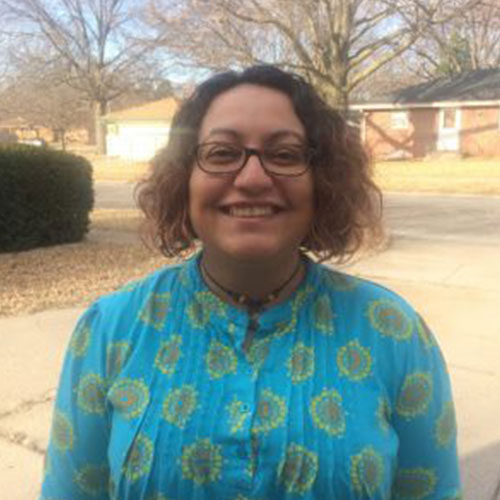




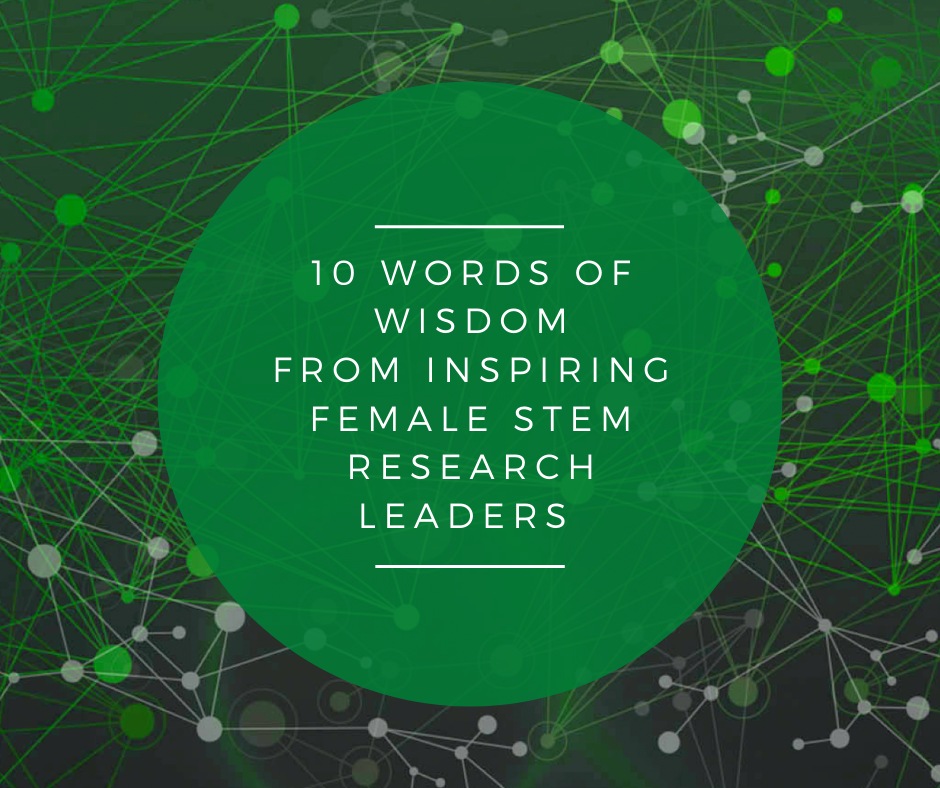
.png)
